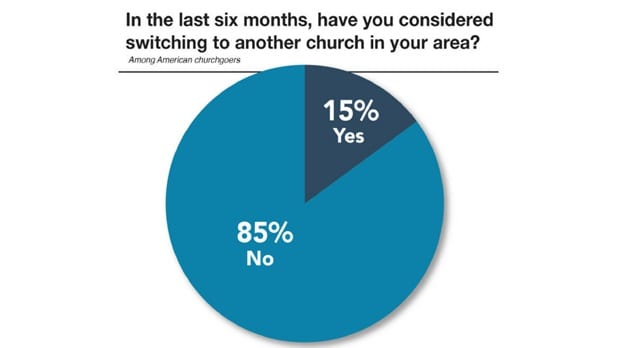Last December, I went through a deep depression, one of the worst seasons I’ve experienced. Depression can often settle in my soul for a few days, and then leave as quickly as it came. This was different. This lasted for weeks and with a weightiness I wasn’t prepared for and it touched every area of my life.
The more I’ve explored the condition of depression and the Christian life, I’ve seen it’s a common thread among many believers. Everyone from King David to the great Charles Spurgeon experienced what he called great ‘soul sickness.’
In my depression, the Father gave me four verses that I clung to for hope and life during this time:
-
When nothing satisfies your weary soul, remember only He can.
David reflects on what I think encapsulates the entire Christian life in one verse. Ps. 107:9 says: “For he satisfies the thirsty soul, and the hungry soul He fills with good things.” What do we do when our souls will not be satisfied, when there’s a deep, hunger-producing depression that sits heavy on our souls? We remind ourselves that God has designed us to only be fully satisfied in Him. This, I think, is a powerful sign and marker of depression in our lives. It’s a potent emotional state that reminds us in heavy ways that only the Eternal One can give our souls what they need.
In my depression, I knew my soul was hungry. Compulsively hungry for relief and satisfaction, affirmation, approval, pleasure, completion. I begged God to show up, to answer me when I called and to fill my hungry soul. Then he gave me this verse, his promise to satisfy my soul and fill it with good things. What this verse does not promise is relief from the thirst and hunger. This is natural part of living in this broken, beautiful world, and that brokenness falls on each of us in different ways. What He promises is better, it’s a promise to satisfy my soul in the thirst and in the hunger he will fill my soul with the good things that only come from Him. This is far better than relief from the darkness of depression alone.
-
He is always faithful to his promises. Always.
The writer of Hebrews says this: “For he who promised is faithful” (10:23). There it is, tucked away right before the infamous hall of faith is this powerful declaration from God regarding his character. Any promise we see in Scripture is intrinsically linked to the character of God and his faithfulness not only to his people, but his own glory. When depression hits, we can be reminded that God does not promise like we promise. His promises aren’t hanging by the thread of human memory, ability or faithfulness, but on the essence and character of God. A promise from God is synonymous with a guarantee, because it flows out of the mouth of One who is always faithful. Two words that can not be said about any of us men or women, whose frame is but dust. Yet often we read promises and hope God remembers, or is able, or will actually follow through on his word. He will, because he is always faithful.
So when God whispers to us that he will satisfy our thirsty souls, you can rest assured, even in your depression, that your soul will be satisfied if you run to the One who is always faithful to his promises.













